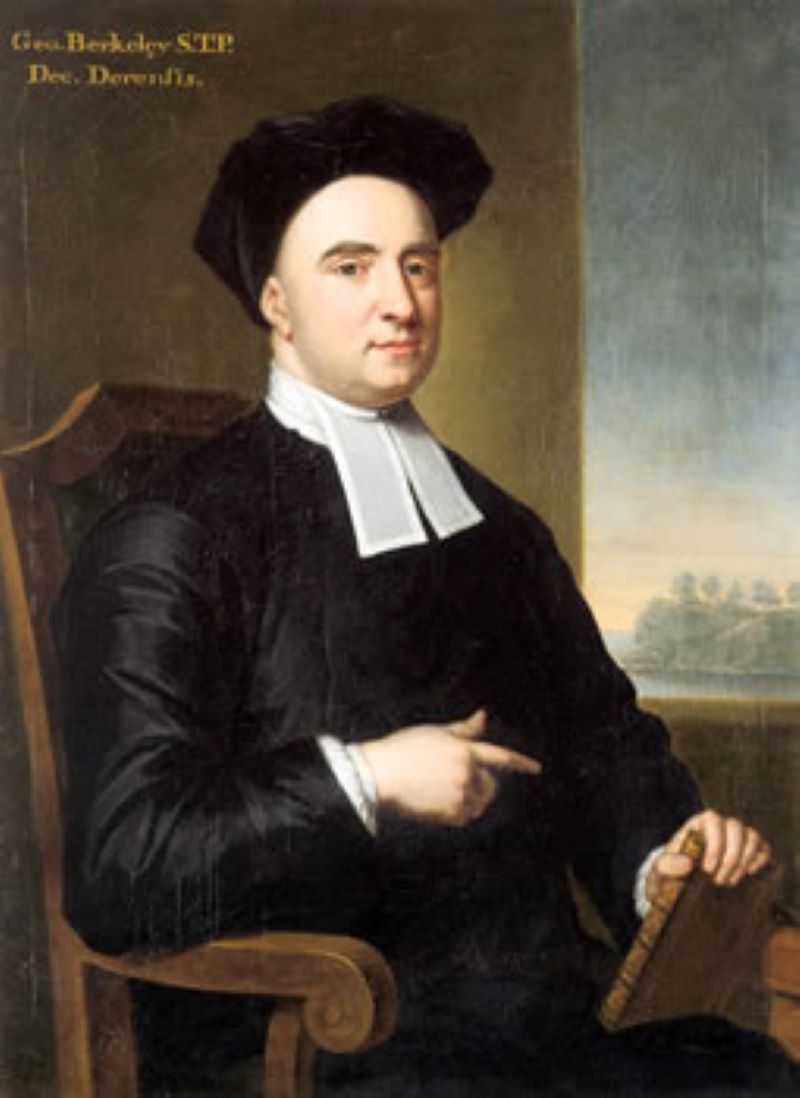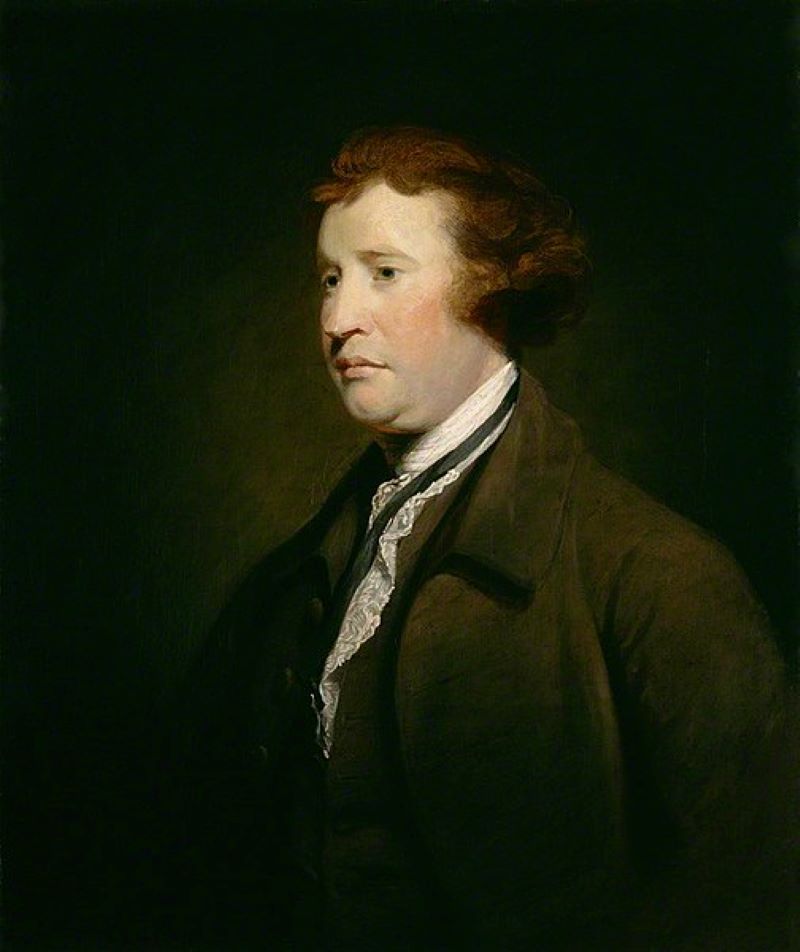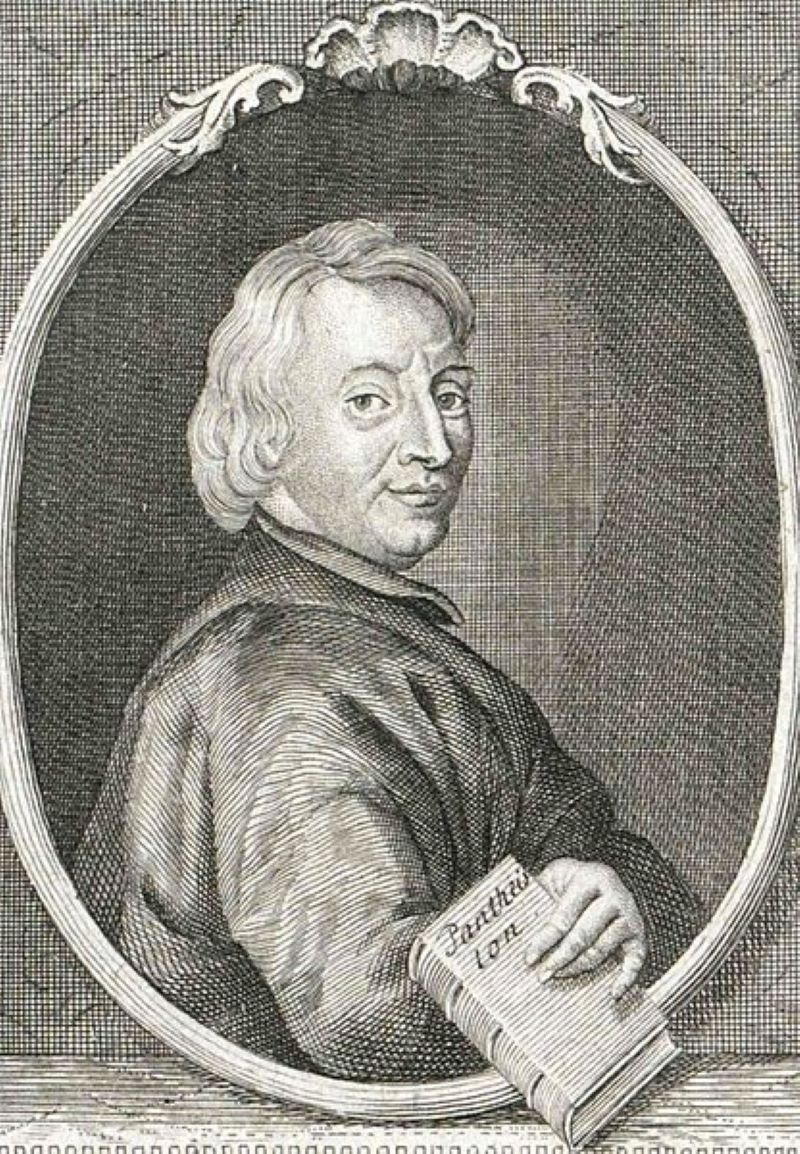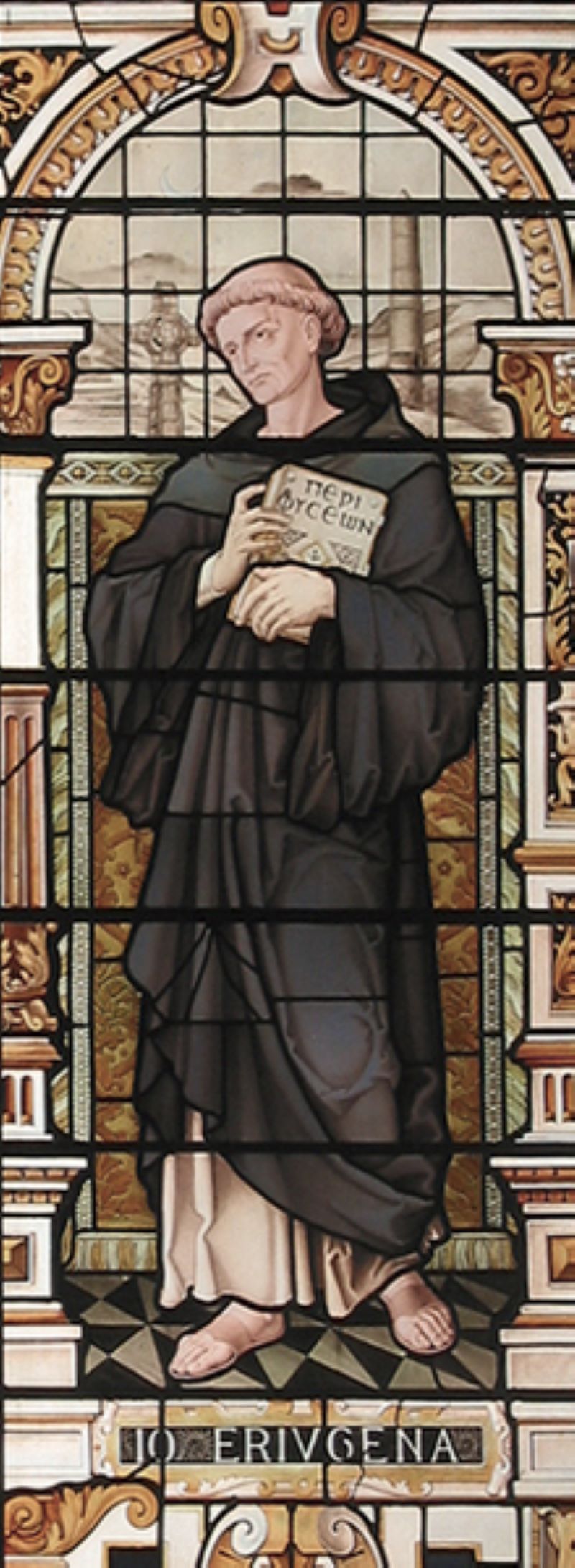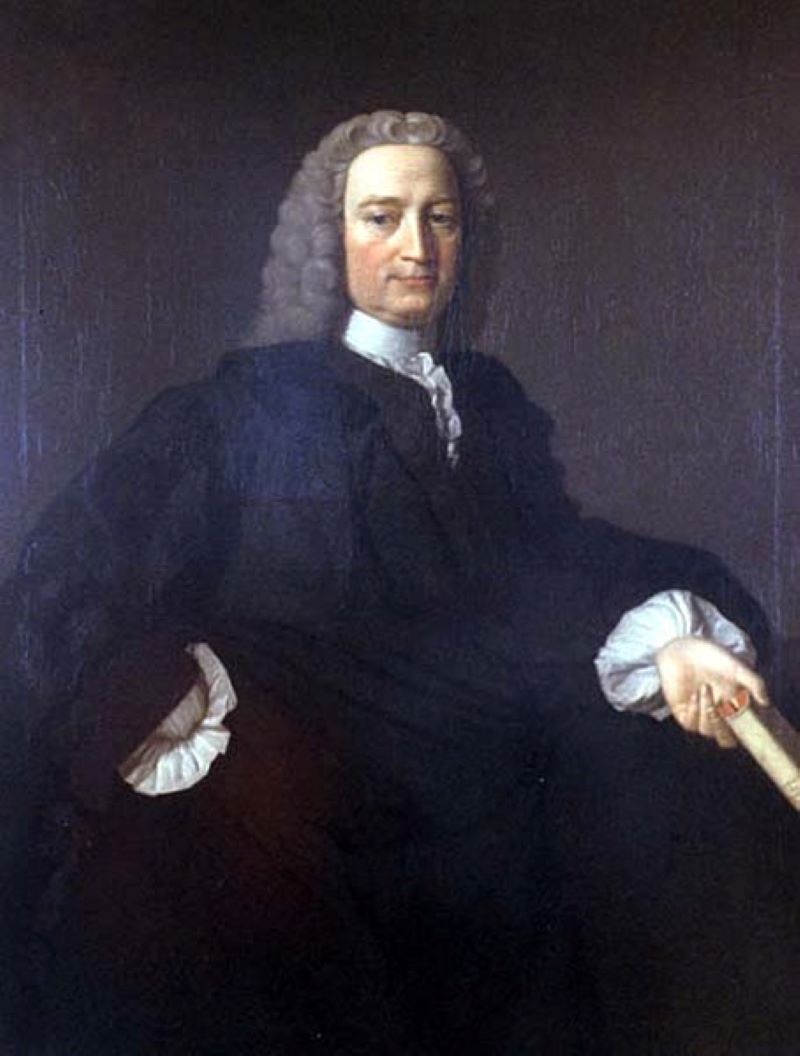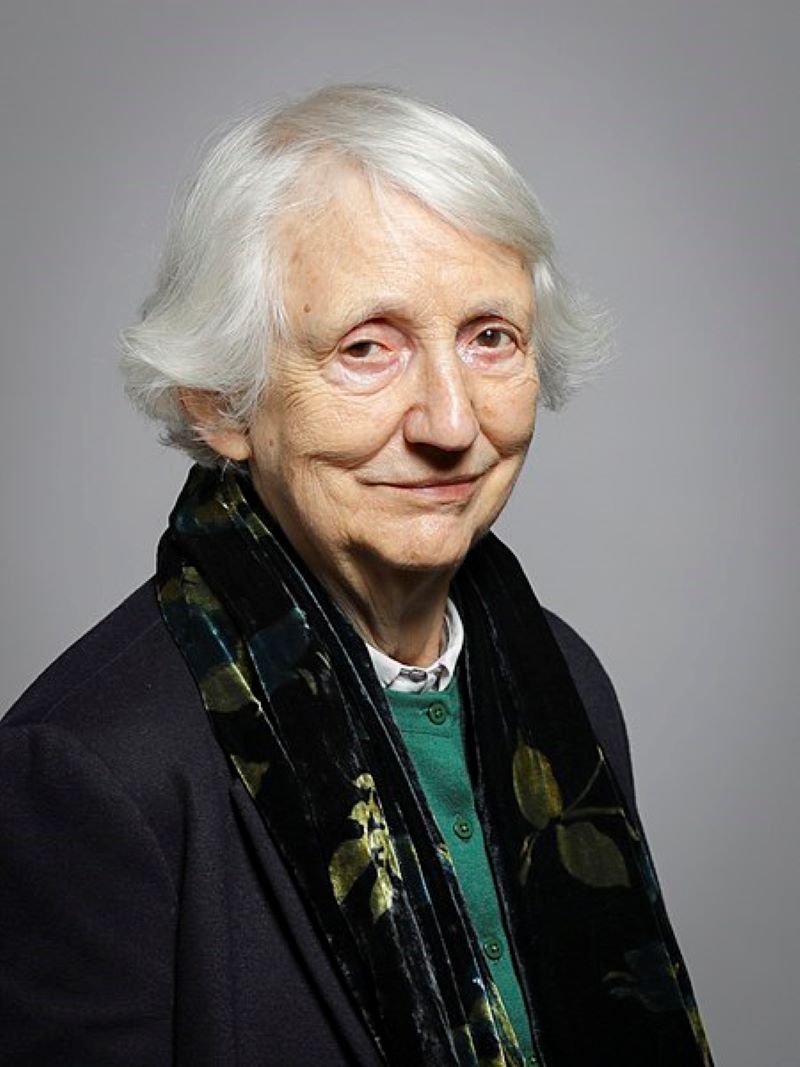Are you looking for the most famous Irish philosophers?
The earliest Irish philosophers were the druids, who also served as priests, teachers, and judges within Celtic society. Their oral tradition included myths, legends, poetry, wisdom literature, natural philosophy, astronomy, and mathematics.
During the medieval era, Ireland earned the nickname “the land of saints and scholars.” It was a hub for Christian thinkers and writers who diligently preserved and passed on the knowledge of classical Europe.
As the modern era began, Ireland saw a significant increase in philosophical activity, influenced by the changes brought about by the Enlightenment and British rule.
In today’s world, Ireland remains a breeding ground for inventive philosophers who tackle a wide array of subjects and challenges.
Let’s dive into our list of the most famous Irish philosophers from different eras.
Things you'll find in this article
9 Most Famous Irish Philosophers
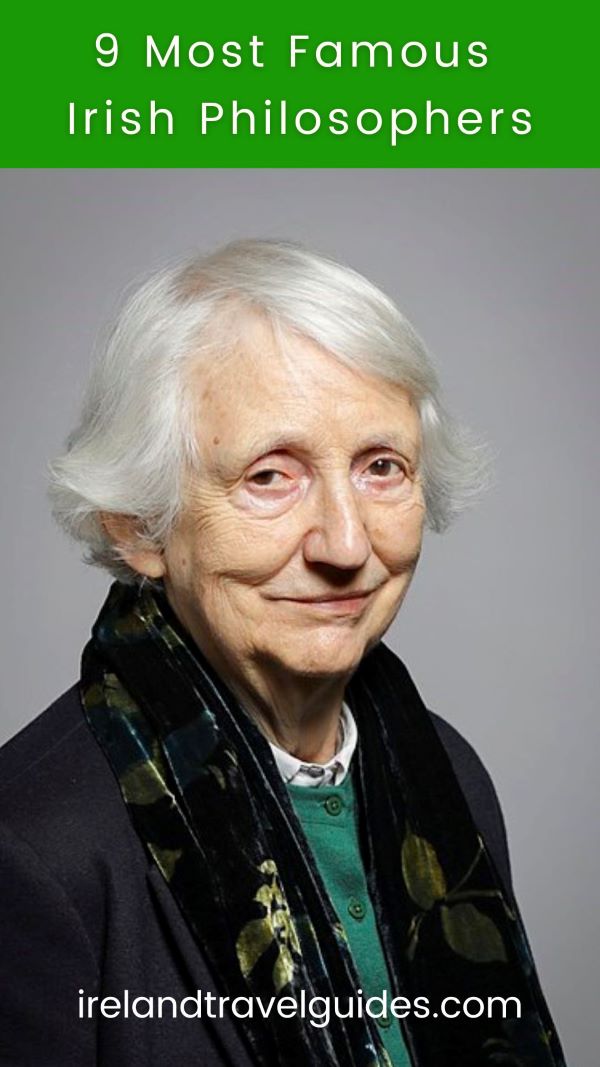
1. George Berkeley
Born on March 12, 1685, near Thomastown, County Kilkenny, Ireland, George Berkeley was an Anglo-Irish philosopher who is credited with popularizing a theory called “immaterialism,” which claims that material substance like tables and chairs can’t exist without being perceived by the mind.
Berkely was also a bishop and scientist, contributing to the fields of mathematics, physics, theology, and education.
He studied at Trinity College Dublin, where he became a fellow in 1707. He died on January 14, 1753, in Oxford, England at the age of 67.
2. Edmund Burke
Born in Dublin, Ireland, on January 12, 1729, Edmund Burke was an Anglo-Irish statesman and philosopher who is considered the philosophical founder of modern conservatism and a defender of classical liberalism. He was also a prominent orator and a member of the British Parliament for several years.
Burke developed an aesthetics theory based on the sublime (awe and astonishment) and the beautiful (pleasure and delight), influenced by factors like color, shape, sound, light, motion, and association. He supported Catholic emancipation and opposed the French Revolution.
Edmund Burke wrote several influential works on politics, history, economics, and aesthetics. He died at the age of 68 in Beaconsfield, Buckinghamshire, England.
3. Desmond M. Clarke
Desmond M. Clarke was an Irish philosopher and historian of philosophy who specialized in the 17th century. He also taught philosophy at University College Cork.
He was interested in the history of philosophy, especially Descartes, and also wrote on topics such as human rights, nationalism, and science. He also explored topics such as feminism, animal rights, free will, and mind-body dualism.
Clarke also wrote extensively on Spinoza, Leibniz, Hobbes, Locke, Newton, and other thinkers of the period.
He translated and edited several works by Descartes and other philosophers for the Cambridge Texts in the History of Philosophy series. He died in 2016 at the age of 74.
4. John Toland
Irish philosopher John Toland was born on November 30, 1670, in Ardagh, County Donegal, Ireland. He wrote numerous books and pamphlets on political philosophy and philosophy of religion, which are early expressions of the philosophy of the Enlightenment.
Toland’s philosophy can be described as rationalist, freethinking, and pantheist. He argued that reason, not revelation or authority, should be the basis of religious beliefs and practices.
His works were controversial and influential in his own time and beyond, provoking heated debates and responses from his opponents, who accused him of atheism, deism, heresy, or blasphemy.
He passed away in London at the age of 51, much like he had lived – in poverty, surrounded by his beloved books, with his pen in hand.
5. Iris Murdoch
Born Jean Iris Murdoch on July 15, 1919, in Dublin, Ireland, Iris Murdoch is best known for her novels about good and evil, sexual relationships, morality, and the power of the unconscious.
In 1998, her first novel, Under the Net (1954), was chosen as one of the Modern Library’s top 100 English-language novels from the 20th century. She also achieved the prestigious Booker Prize in 1978 for her novel The Sea, The Sea.
As a philosopher, Murdoch’s best known work is The Sovereignty of Good (1970). Her philosophy was marked by a strong sense of the moral significance of our inner lives: the quality of our seeing, feeling and imagining is significant, both in itself and as a background for our active lives.
Much of Murdoch’s philosophical work examines the moral significance of love in favour of an endless focus on the function of moral language.
Iris Murdoch died in Oxford, England, at the age of 79.
6. John Scotus Eriugena
During the Early Middle Ages, there was a prominent figure from Ireland who became known as a Neoplatonist philosopher, theologian, and poet. He was John Scotus Eriugena, also referred to as Johannes Scotus Erigena, John the Irish-born, and John the Scot.
Eriugena was born in Ireland around the year 815 and went on to pen The Division of Nature, which is widely regarded as one of the most important works of ancient philosophy.
John Scotus Eriugena is widely regarded as the most prominent Irish intellectual from the early monastic era. He is deemed the preeminent philosopher in terms of originality during the Carolingian era and throughout the entire span of Latin philosophy extending from Boethius to Anselm.
7. Francis Hutcheson
Francis Hutcheson was born on August 8, 1694, in Saintfield, County Down, Ulster, Ireland, to a family of Scottish Presbyterians. He is celebrated as one of the key figures in the inception of the Scottish Enlightenment and held the position of Professor of Moral Philosophy at Glasgow University.
He is known for his theory of moral sense, which argues that humans have an innate ability to perceive moral goodness and beauty. He also influenced the American Revolutionaries with his ideas on natural rights and liberty.
Hutcheson died on his 52nd birthday in Dublin. He is best known for his authorship of A System of Moral Philosophy, published posthumously by his son in 1755.
8. Richard Kearney
Richard Kearney is a contemporary Irish philosopher who works in the fields of continental philosophy, hermeneutics, phenomenology, and interreligious dialogue. He has written on topics such as imagination, narrative, memory, ethics, religion, and politics.
He engaged in correspondence with prominent French philosophers of his time, including Jean-Paul Sartre and Jacques Derrida. He also took an active role in the Irish, British, and French media, serving as a host for a range of television and radio programs that delved into literary and philosophical subjects.
Born in Cork, Ireland, in 1954, Kearney now lives in Boston, Massachusetts, USA, with his wife and two daughters. His literary portfolio includes 23 books exploring European philosophy and literature, which includes two novels and a poetry collection.
9. Onora O’Neill
Onora O’Neill is a Northern Irish philosopher and a crossbench member of the House of Lords. She was born Onora Sylvia O’Neill in Aughafatten, Northern Ireland.
O’Neill studied philosophy, psychology and physiology at Oxford University and completed her doctorate at Harvard University. Her main areas of interest are political philosophy, ethics, international justice, bioethics and the philosophy of Immanuel Kant.
O’Neill is known for her constructivist interpretation of Kantian ethics, which emphasizes the importance of trust, consent and respect for autonomy in a just society. She has received many honours and awards for her work, including the Berggruen Prize (2017) and the Holberg Prize (2017).
Onora O’Neill is widely considered as one of the most influential philosophers of our time.
9 most famous Irish philosophers have left an indelible mark on the world of philosophy, contributing to various fields such as ethics, metaphysics, and political theory. Their work continues to influence contemporary thought, and their legacy as intellectual giants remains celebrated worldwide. Whether through their groundbreaking ideas or their enduring impact, these philosophers have shaped the course of philosophical discourse for generations.

Hi, I’m Christine – a full-time traveler and career woman. Although I’m from the Philippines, my location independent career took me to over 60 countries for the past 12 years. I also lived in 4 continents – from the Caribbean, South East Asia, Africa and now in Europe. But despite living in several countries, my love for Ireland remains the same. A country that had been a part of my life since I was 14 because of my love for Irish music and bands. Ireland Travel Guides was born because of this passion and hopefully, in some little ways, this website will be able to help you on your next trip to Ireland.
